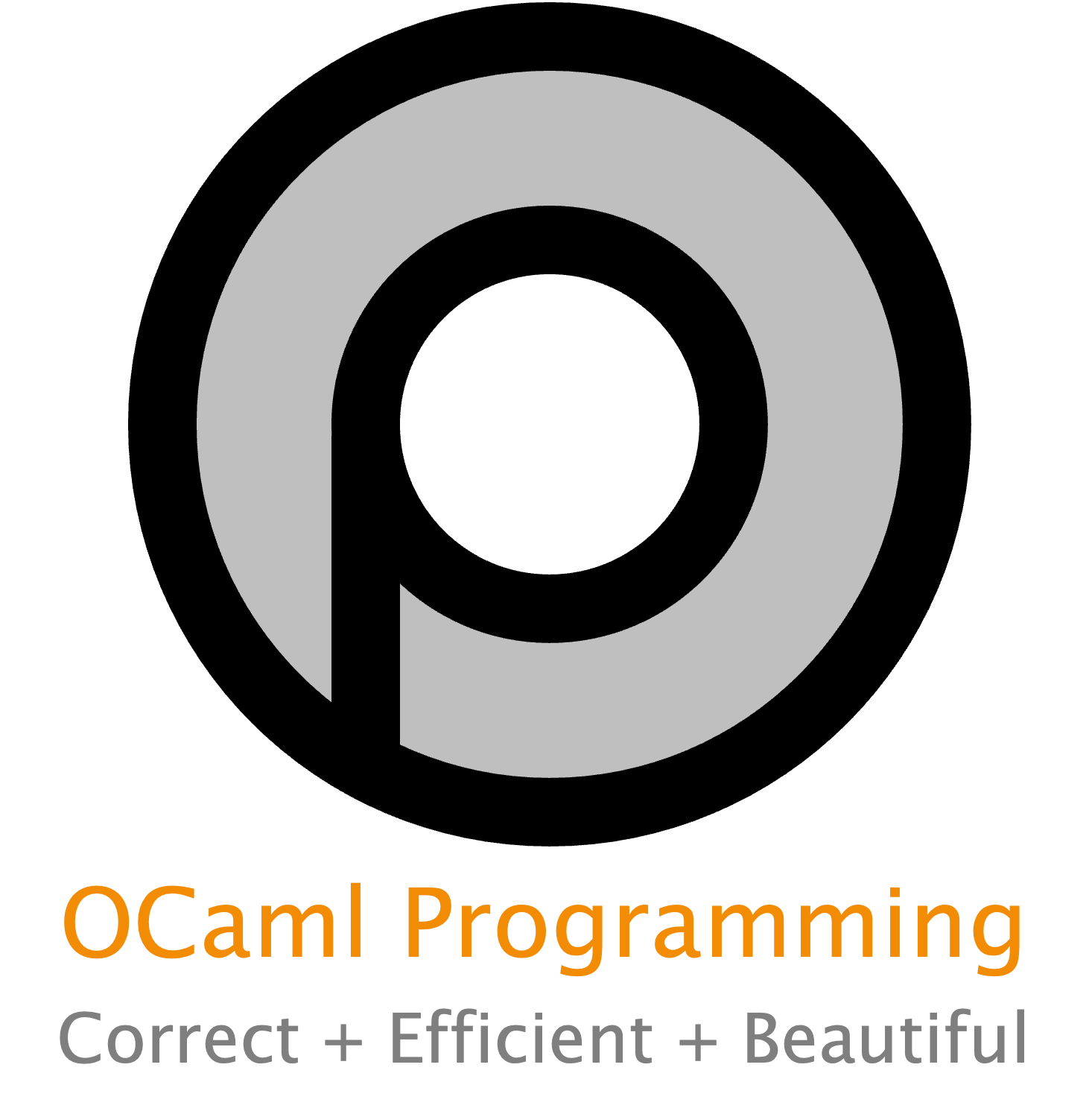6. Mutability#
OCaml is not a pure language: it does admit side effects. We have seen that already with I/O, especially printing. But up till now we have limited ourselves to the subset of the language that is immutable: values could not change.
Mutability is neither good nor bad. It enables new functionality that we couldn’t implement (at least not easily) before, and it enables us to create certain data structures that are asymptotically more efficient than their purely functional analogues. But mutability does make code more difficult to reason about, hence it is a source of many faults in code. One reason for that might be that humans are not good at thinking about change. With immutable values, we’re guaranteed that any fact we might establish about them can never change. But with mutable values, that’s no longer true. “Change is hard,” as they say.
In this short chapter we’ll cover the few mutable features of OCaml we’ve omitted so far, and we’ll use them for some simple data structures. The real win, though, will come in later chapters, where we put the features to more advanced uses.
